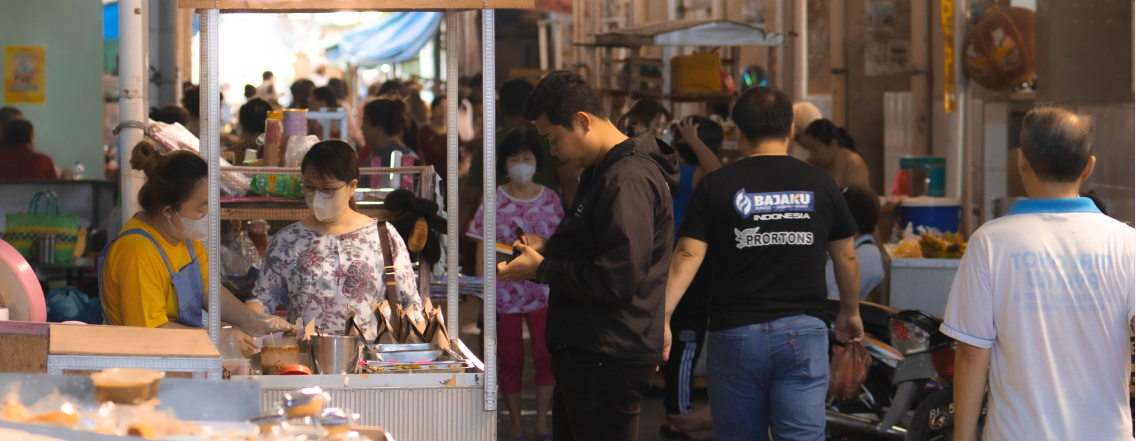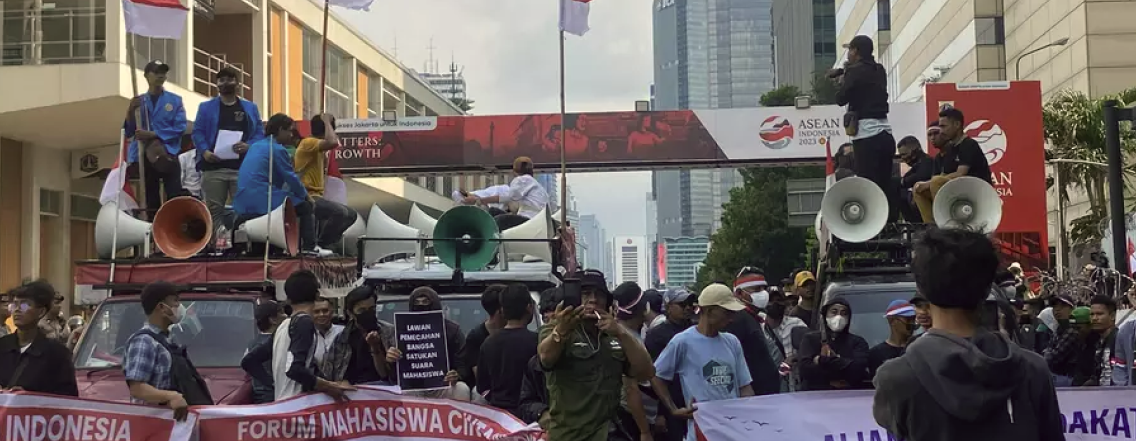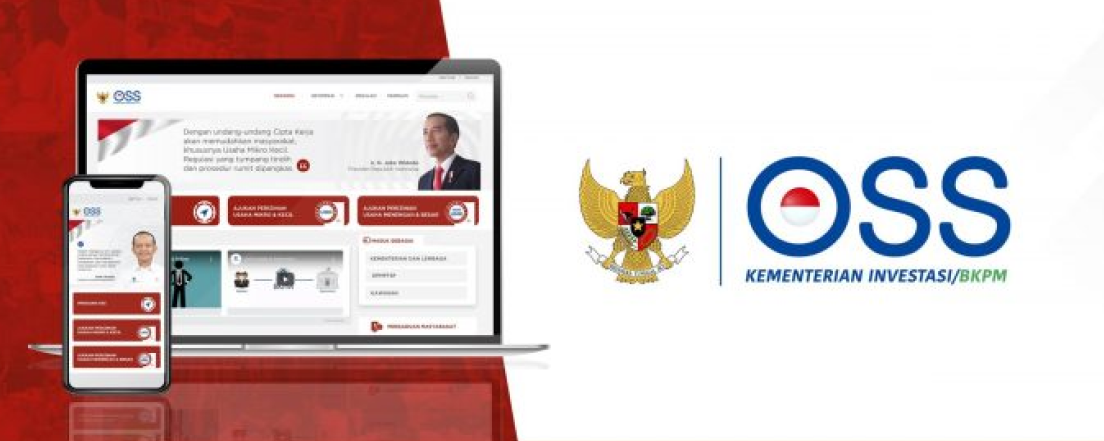Indonesia Market Entry

Domestic Consumption
Indonesia, the world's fourth-most populous nation and a projected fourth-largest economy by 2030, offers extensive market opportunities across sectors. With a current population of 270 million, domestic consumption accounts for over 50% of GDP and is expected to grow with an additional 50 million people in the coming decades. The burgeoning Indonesian middle class, growing at an annual rate of 12% since 2002, now represents half of all household consumption, fostering a strong demand for imported goods and services.

Industrial Production
Indonesia's industrial and service production sectors have seen explosive 20% and 50% growth in recent years, driven by its abundant natural resources and strategic geographic location. Indonesia has traditionally been a major player in the global supply chain of manufacturing, mining, and agriculture, sustained by exports of textile, coal, gas, and oil palm. With a focus on diversifying its industrial base, Indonesia has been actively promoting sectors such as automotive, electronics, and energy. Government incentives and a young, trainable workforce make it an attractive destination for foreign investment in industrial production. Infrastructure challenges remain to connect the 17,000 islands in the archipelago, but can present opportunities for businesses seeking to establish manufacturing operations as the country continues to simplify business regulation.
Political Climate
Indonesia's political landscape has evolved significantly since its transition to democracy in 1998. The nation operates as a presidential republic and has maintained stable governance. Due to its diversity, complex political dynamics exist with unique regional and ethnic considerations. Ongoing efforts to enhance transparency and reduce corruption have positively impacted the business environment. Nonetheless, businesses should stay informed about the ever-changing political landscape and potential policy shifts that may affect their operations.

Administrative Structure
Indonesia is divided into 38 provinces, each with its own governor and regional legislature. The country has a decentralized administrative structure, with significant decision-making power vested in local governments. Understanding the administrative hierarchy and local regulations is essential for businesses operating in Indonesia, as regulatory compliance and licensing procedures can vary from one region to another. Navigating the administrative landscape requires local partnerships or assistance to ensure smooth business operations and regulatory compliance.
Regulatory Climate
In August 2021, President Joko Widodo launched the Online Single Submission (OSS) System to expedite the issuance of business licenses. The OSS System aligns licensing with risk levels, bolstering the ease of doing business in Indonesia. The country is committed to reducing regulatory barriers and increasing transparency of permit acquisition. Simultaneously, the Investment Ministry and Finance Ministry formalized a memorandum of understanding (MoU) to boost investment, revenue, and institutional strength. The MoU facilitates quicker business licensing and facilitates increased investment inflow into Indonesia.

Financing and Trade Support
Indonesian non-financial companies rely on trade financing, with nearly 50% of their funding originating from international sources, including loans, bonds, and various credit avenues. Several international banks and financial institutions play a significant role in providing working capital and loan guarantees to companies engaged in trade with Indonesia. These institutions facilitate cross-border business activities and contribute to the financing needs of enterprises operating in the Indonesian market.
Business Strategy
The Indonesian market is vast yet diverse, and local customs and preferences can differ significantly between regions. Companies must conduct thorough market research and consider tailoring their products or services to meet the specific needs of Indonesian consumers. Building strong relationships with local partners, understanding the regulatory framework, and adapting to changing market dynamics are crucial components of a successful business strategy in Indonesia.

Local Agents and Distributors
International firms operating in Indonesia find it imperative to collaborate with local agents and distributors to ensure successful delivery of products or services. Government procurement processes frequently depend on the established reputation and connections that these local intermediaries maintain with government agencies. Establishing partnerships with local entities can significantly enhance market penetration and the efficiency of project implementation.
Social Etiquette
Respect for hierarchy and elders is deeply ingrained in Indonesian culture, and showing deference to senior colleagues or partners is expected. Building trust and maintaining a harmonious relationship with business counterparts is essential, and this often involves socializing outside of work settings. Additionally, it is customary to exchange business cards and engage in polite conversation before delving into business discussions. Being culturally sensitive and aware of local customs and traditions can go a long way in establishing and maintaining successful business relationships in Indonesia.